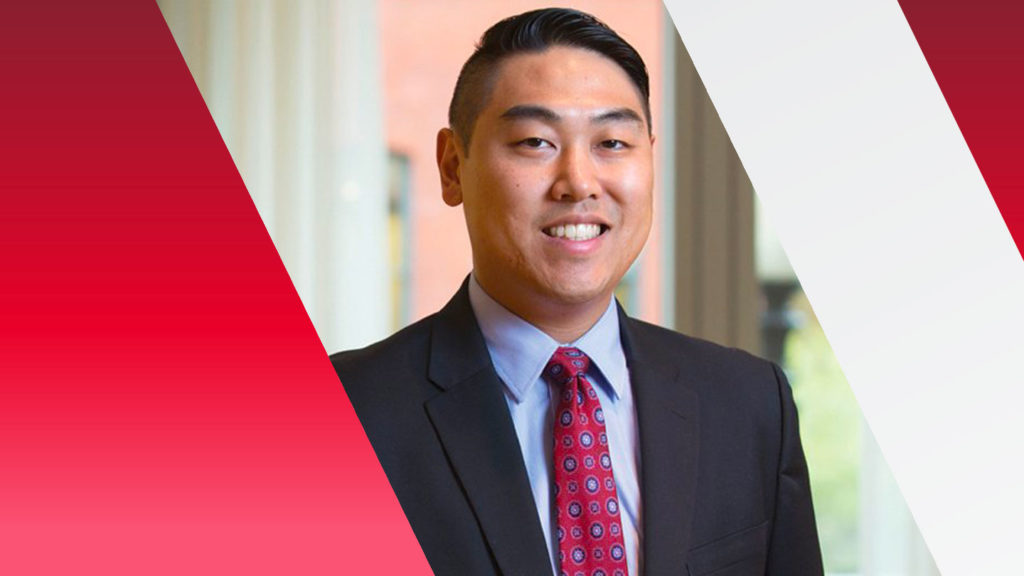
Skilled nursing providers who accepted Provider Relief Funds should prepare for widespread audits by later this year.
That caution from legal experts comes as operators are busy reporting how they spent their Phase 2 funds — a process that could itself increase their chances of having Phase 1 submissions audited.
“We’re starting to see a little bit more clearly, with the changes they made in reporting period two, maybe some of the areas of focus or what could be a bigger potential trigger for a potential audit,” Brian Lee, a healthcare attorney and partner at Alston & Bird, told McKnight’s Long-Term Care News.
Providers now documenting their Phase 2 uses are allowed to revise expenses dating back to early 2020. But doing so, even in an attempt to be more accurate, could impact previous expense amounts and eligibility for Phase 1 funding.
“If the auditors are paying close attention, it may raise significant questions about a provider’s ability to retain the PRF payments they received in a prior period,” Lee explained.
He predicted that the HHS Health Resources & Services Administration is going to audit “as many (payments) as they can get to” in an established three-year window.
No PRF audit relief
While activity hasn’t ramped up dramatically yet, some observers believe the time is coming. Jon Rawlson, president and founder of Armory Hill Advocates, predicted in December that activity will ramp up in the next 12 months. That’s when he expects federal investigators to close out a backlog of other cases and train their focus on PRF recipients.
“All healthcare providers who received COVID-related funds should prepare to be audited over the next year or so,” Rawlson warned in a 2022 outlook. “HHS has developed a dollar threshold. Those providers who received any COVID-related funds (of $10,000 or more) should be prepared.”
The federal government funneled about $14 million in relief funds to nursing home operators prior to last September, when a fourth phase was announced. The last awards were intended to cover lost revenues and increased expenses between July 1, 2020, and March 31, 2021. Those payments were administered in December, with reporting expected to start next January.
High dollar PRF targets
Certain factors are more likely to trigger an audit.
Among them, Lee said, are large dollar awards; transferring targeted distributions to related entities within the same company; and reporting lost revenues according to a “alternative reasonable approach” method.
Many reporters don’t have just one budget or projected budget that covers the entire 18-month reporting period for Phase 1. That may force them to base lost revenue calculations on HRSA’s permitted but less favored alternative method.
“It could increase the likelihood of audit just by virtue of selecting that option,” Lee said.
Still, skilled nursing providers can take steps now to make any future investigations smoother, Lee said.
First, reporting efforts should include internal finance and compliance staff, as well as an outside attorney if an audit happens. Providers also need to take a holistic view of reporting if they received payments in more than one phase.
“They really need to think about the big picture and forecast. What are the revenue losses they expect in future periods? What are the expenses they’re incurring? Continue to document and try to look ahead,” Lee said. “What we’ve found is that providers who try to get through just one period at a time are going to get into trouble unless they incur significant losses in future periods.”
Meanwhile, there’s a glimmer of hope for those who have been hoping HRSA would rethink its phase-by-phase availability and reporting portal.
House Bill 5963 would extend the deadline for using remaining PRF monies and streamline the reporting process. That bill had picked up 20 co-sponsors as of Jan.14.




